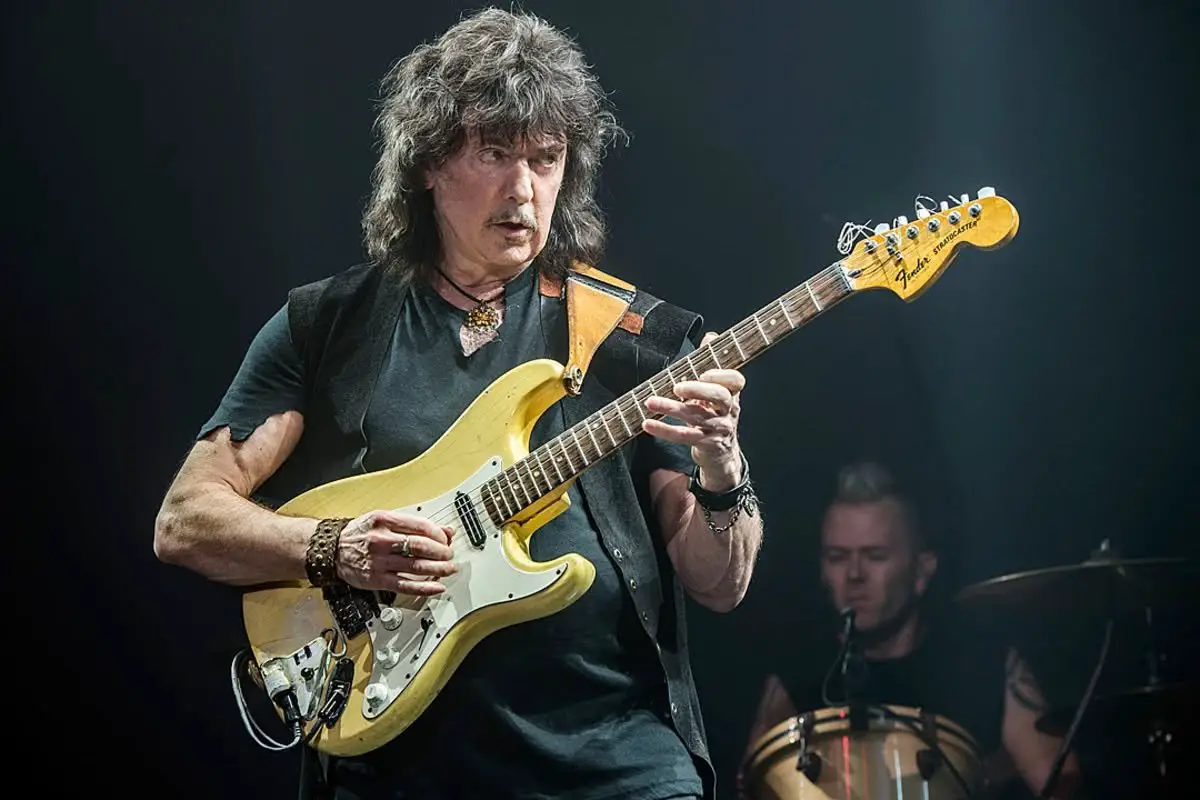Sometimes, musicians have to do things they don’t fully agree with just to get noticed. That’s exactly what happened with Deep Purple in the late 1960s. The band had talent, but their early albums didn’t attract much attention. After some members left, guitarist Ritchie Blackmore, bassist Roger Glover, and singer Ian Gillan joined forces to reshape the group’s sound.
At that time, Deep Purple was known for mixing classical music with rock. Keyboardist Jon Lord loved that style and even came up with a bold idea — combining the band with a full orchestra. This idea became the album Concerto for Group and Orchestra in 1969. It was a mix of rock instruments and classical arrangements, played live with the Royal Philharmonic Orchestra at London’s Royal Albert Hall.
The project was unique and gave Deep Purple a lot of attention. People were impressed that a rock band could pull off such a complicated performance. It helped them stand out and got their name into the press. But while the album was successful in terms of publicity, it didn’t sit well with Ritchie Blackmore.
Blackmore later admitted in interviews that he was frustrated by the whole orchestra experience. He said that performing in a classical setting felt too “tame” — the audience would just sit quietly, and even the violinists near him would cover their ears when he played guitar solos. Blackmore wanted something louder, rawer, and more exciting. He didn’t want Deep Purple to be seen as a polite band that played fancy music. He wanted them to be a hard rock band that made people feel the energy of rock and roll.
This frustration turned out to be the push the band needed. After Concerto for Group and Orchestra, Blackmore, Gillan, and Glover led Deep Purple in a new direction. Their next album, Deep Purple in Rock (1970), was completely different. It was heavier, faster, and full of powerful guitar riffs and strong vocals. Songs like “Speed King” and “Child in Time” showed a new side of the band — one that would soon influence the rise of hard rock and heavy metal.
Even though Ritchie Blackmore didn’t enjoy making Concerto for Group and Orchestra, it played an important role in Deep Purple’s journey. The experiment gave them exposure and experience, but it also made Blackmore realize what he truly wanted the band to be. Without that classical experiment, they might never have created their signature sound.
In the end, Concerto for Group and Orchestra was the stepping stone that led to Deep Purple’s golden era. It might not have been Blackmore’s favorite moment, but it helped spark the fire that would make Deep Purple one of the most powerful rock bands in history.

